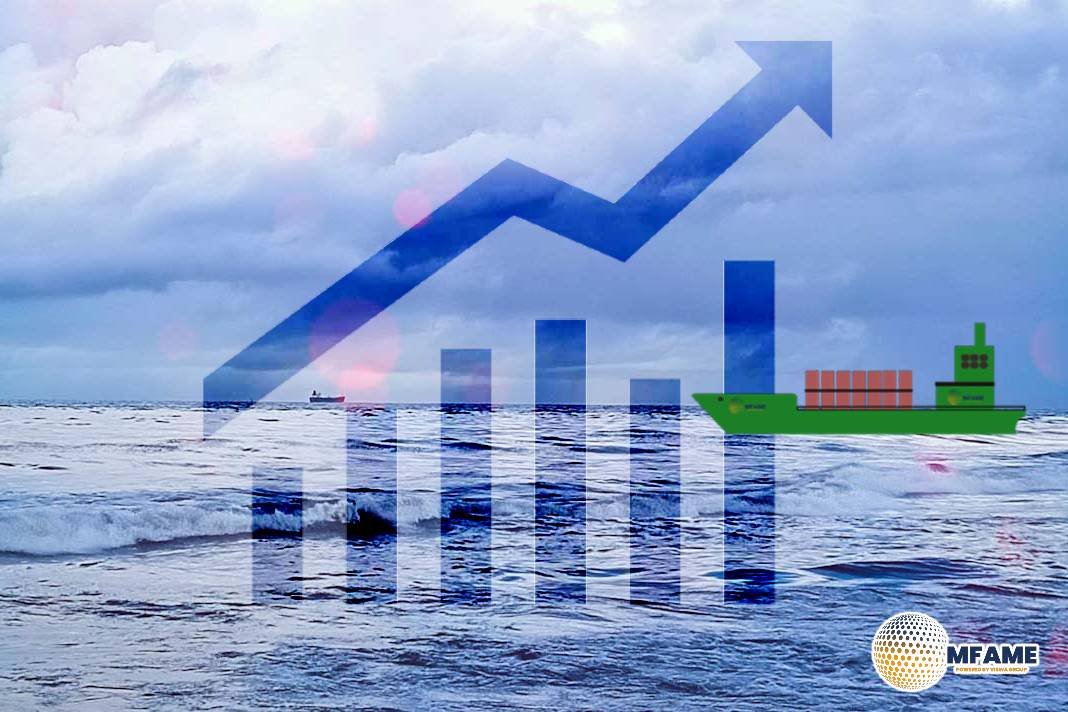 The importance of data governance in maritime operations towards operational enhancement is emphasized by Wilhelmsen Port Services for operational success and expansion. The problems involved are varied data sources and the lack of uniformity. Incorrect information leads to misinterpretation that in turn results in economic losses. As such, the firm operates by taking care, hiring talent and paying for professional training for data integrity. Transparency and trust are achieved by regular audits and system adjustments. Investment by Wilhelmsen port services in data management is geared towards improving customer experience.
The importance of data governance in maritime operations towards operational enhancement is emphasized by Wilhelmsen Port Services for operational success and expansion. The problems involved are varied data sources and the lack of uniformity. Incorrect information leads to misinterpretation that in turn results in economic losses. As such, the firm operates by taking care, hiring talent and paying for professional training for data integrity. Transparency and trust are achieved by regular audits and system adjustments. Investment by Wilhelmsen port services in data management is geared towards improving customer experience.
Data Powering Maritime Success
The firm has a rigorous Quality management system and processes that ensure robust data governance, enhanced port operations efficiency and cost optimisation success. “In layman’s terms, data governance allows companies to get clarity from the mass of data they collect and process, so that it can be used constructively to produce everything from reliable reporting to spotting business trends,” explains Data Quality Manager Jay Zhu. It helps develop a common understanding of data, protects against breaches, and uses the information for more innovative maritime processes.
“Data governance is the backbone of overall data management, which embraces the entire data journey from harvesting and processing to storage and security. By implementing data governance, companies can fully exploit the potential of their data to drive growth and innovation,” says Dave Pullin,
Tackling data governance challenges in shipping
As with other sectors, shipping also has its share of data governance problems. Investments need to be made towards competence as well as appropriate tools to ensure accuracy and avoid having data silos. Such problems could be related to different sources, manual input, no standardization, as well as duplication. Organizational data flow is also greatly affected by accessibility gaps. According to Jay Zhu, retrieving diverse data would require formatting to ensure smooth integration processes.
Consequences of Poor Data
Non-compliance, delayed communications, and missed business opportunities are likely to occur as a result of poor data that causes inaccuracies in communicating information. Insufficient information in Statements of Facts hinders agency bill settlements, delays in disbursement accounting cause cargo payment problems, demurrage and settlement of dispatch claims.
Data Governance Excellence in Maritime
“We continuously monitor, assess, and improve our data management practices. Regular audits, data quality checks, analysis of data glitches, and remedial action enable us to maintain a high level of data integrity. We also introduced a data quality scoreboard that includes monthly ranking of our global offices, which has sparked healthy competition as each office strives to be the top performer,” says Zhu. This precise approach makes the operations efficient and meets the customers’ expectations. The company focuses on implementing clear policies, educating and investing in skills to upkeep high-level data integrity, Constant auditing and a competitive scoreboard. “Single source of truth” is supported by standardised data input as well as system adjustments, which promotes data and process transparency. Their constant commitment to improving customers’ experience and maintaining data governance is the essence of their mission with data management which includes the HIVE solution.
“Having ‘one single source of truth’ ensures integrity of all data we transfer. On customer dashboards they see exactly what we see. Standardized data entry allows customers to track exactly how their money is being spent and make better decisions based on that information. This promotes both transparency and trust,” Pullin says
Did you subscribe to our daily newsletter?
It’s Free! Click here to Subscribe!
Source: Wilhelmsen






















